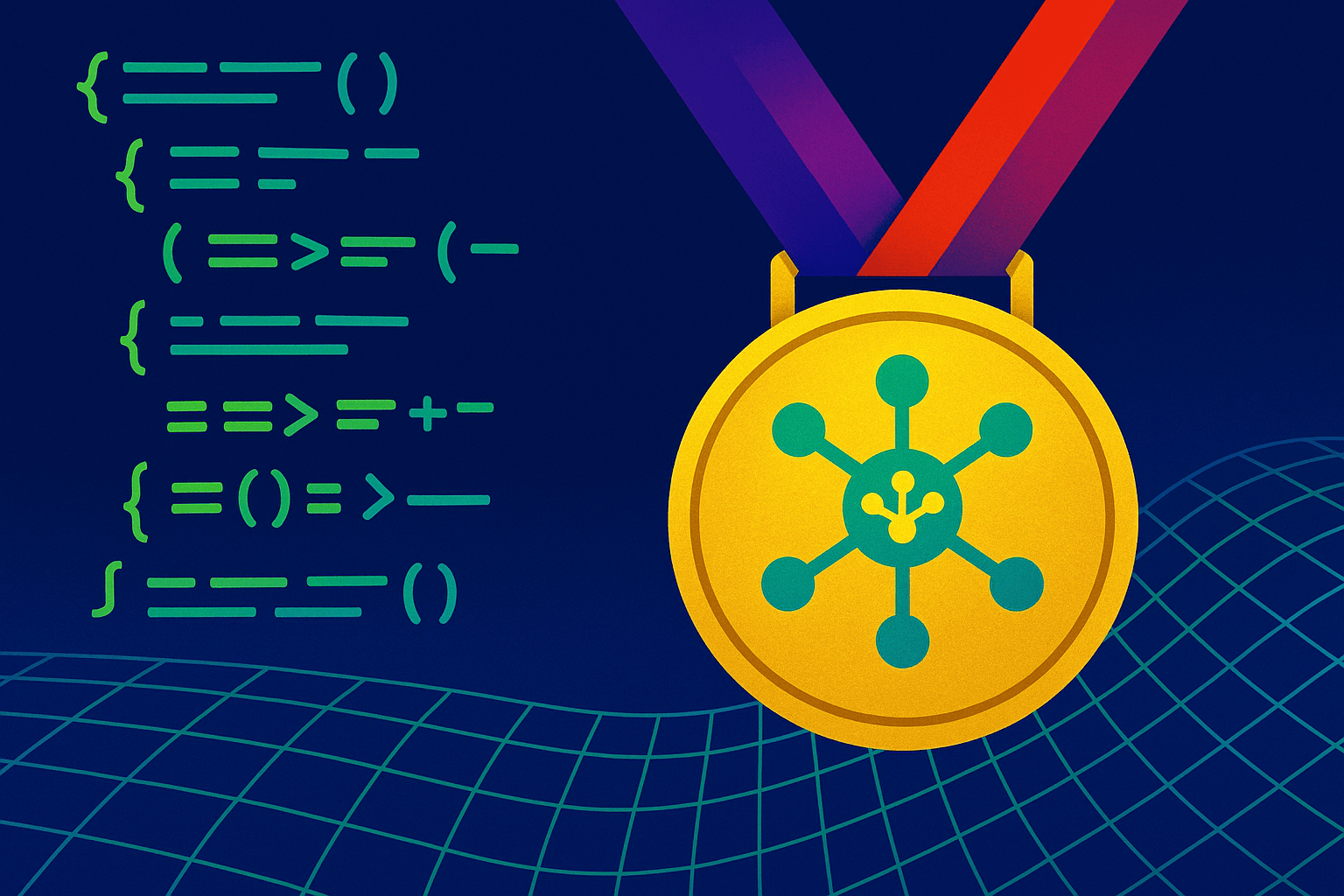OpenAI's AI system wins a gold medal-level score at the International Olympiad in Informatics 2025

An AI system from OpenAI has earned a gold medal-level score at the International Olympiad in Informatics (IOI) 2025, one of the world's most prestigious programming competitions for high school students.
According to OpenAI's Sheryl Hsu, the system outperformed all other AI entrants and ranked sixth overall, finishing ahead of all but five of the 330 human participants. The AI competed in the online track, following the same five-hour time limit and 50-submission cap as human contestants.
Unlike previous years, the OpenAI team did not train a custom model specifically for the IOI. Instead, they used an ensemble of general-purpose logic models. OpenAI researcher Noam Brown highlighted that the top-performing core model was the same one that recently earned a gold medal at the International Mathematical Olympiad (IMO). After extensive evaluations, the team found this model excelled not just in competitive math, but also in other areas like programming, and deployed it to the IOI without modification.
This result marks a significant leap forward in just one year. In 2024, OpenAI's system narrowly missed a bronze medal, landing in the 49th percentile. At that time, the team relied on a much more handcrafted testing strategy, including a heavily fine-tuned model supported by a complex scaffold with synthetic test cases and manual features. This year, the approach was far simpler: a lightweight scaffold only selected the best solutions from the general models' outputs using another model and a basic heuristic. The streamlined process propelled the AI to the 98th percentile. Brown suggested that by next year, the model itself could outperform any scaffold the team might devise.
AI News Without the Hype – Curated by Humans
As a THE DECODER subscriber, you get ad-free reading, our weekly AI newsletter, the exclusive "AI Radar" Frontier Report 6× per year, access to comments, and our complete archive.
Subscribe nowAI news without the hype
Curated by humans.
- Over 20 percent launch discount.
- Read without distractions – no Google ads.
- Access to comments and community discussions.
- Weekly AI newsletter.
- 6 times a year: “AI Radar” – deep dives on key AI topics.
- Up to 25 % off on KI Pro online events.
- Access to our full ten-year archive.
- Get the latest AI news from The Decoder.